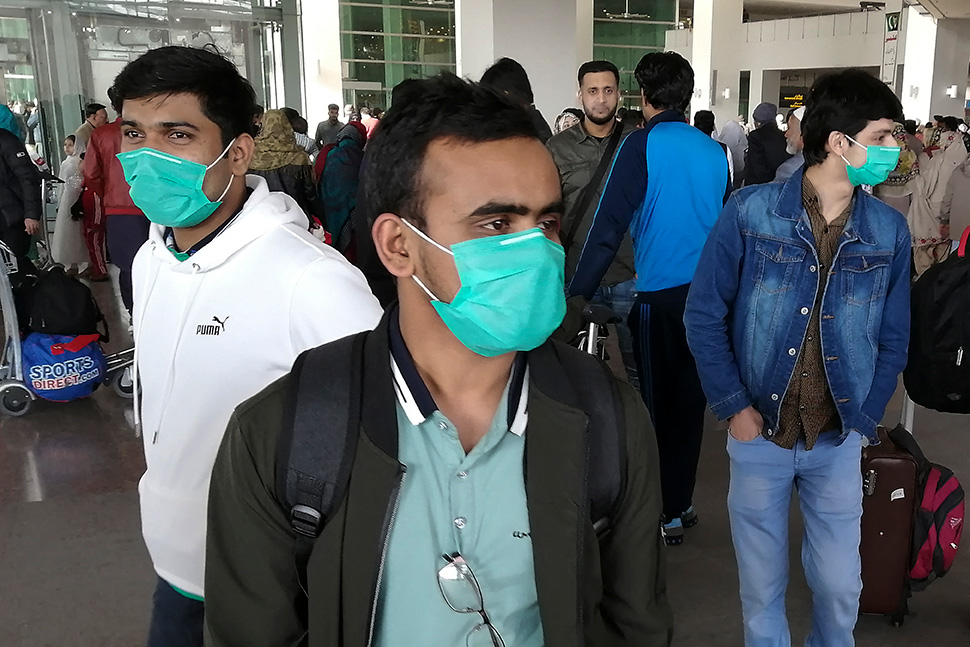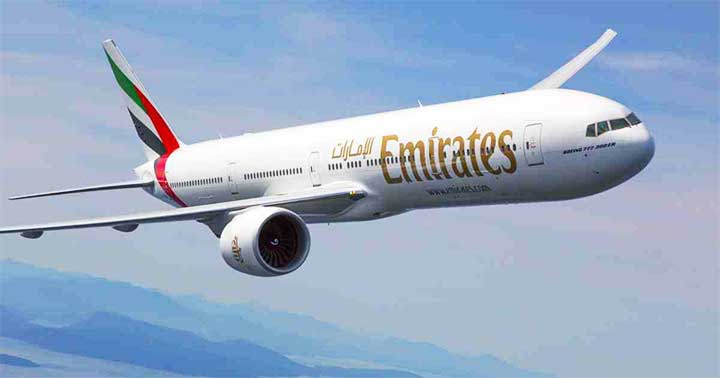By: Shehnaz Khattak
Pakistan, known for producing highly skilled medical professionals, is experiencing a significant surge in the number of its medical graduates choosing to pursue their careers abroad. This growing trend has raised questions about the causes and consequences of this brain drain phenomenon. Pakistani medical graduates have long been recognized for their excellence and commitment to healthcare. They undergo rigorous training and education in medical schools nationwide, contributing significantly to the local healthcare system. However, there has been a noticeable shift in recent years as many of these graduates are now choosing to leave their homeland to practice medicine in foreign countries.
One of the primary reasons cited for this trend is the lack of ample opportunities and challenges faced by medical professionals in Pakistan. The country’s healthcare system is grappling with inadequate infrastructure, limited resources, and a shortage of well-paying jobs. According to recent data, Pakistan has a doctor-to-patient ratio of approximately 0.8 per 1,000 people, significantly lower than the World Health Organization’s recommended minimum of 2.3 per 1,000 people. These challenges have left many young doctors feeling disheartened about their career prospects at home.
Dr. Amina Khan, a recent medical graduate, expressed her reasons for considering a move abroad: “While I am passionate about serving my fellow Pakistanis, the reality is that the healthcare system here is overwhelmed. The doctor-to-patient ratio is significantly skewed, and it’s hard to secure a stable job with reasonable compensation. Going abroad seems like a better opportunity to grow professionally and financially.” Another critical factor driving this trend is the lure of better financial rewards and improved living conditions. Many Western countries offer competitive salaries and comprehensive benefits packages for medical professionals, which are often more appealing than what can be found in Pakistan. Moreover, the prospect of working in well-equipped hospitals with advanced technology and resources can be a powerful motivator for young medical graduates. Additionally, the pursuit of higher education and specialization is a significant driver of Pakistani medical graduates seeking opportunities abroad. Many foreign institutions are renowned for their advanced research facilities and specialized training programs, which attract aspiring doctors looking to expand their knowledge and skills.
The brain drain of medical professionals poses several challenges for Pakistan’s healthcare system and the nation’s overall development. It not only depletes the country of its highly skilled workforce but also diminishes the potential for positive change within the local healthcare sector. While the decision of Pakistani medical graduates to seek opportunities abroad is driven by genuine concerns and aspirations for a better future, it is essential for the government and relevant authorities to address the root causes of this trend. Efforts must be made to improve the healthcare infrastructure, increase job opportunities, and enhance the overall working conditions for medical professionals in Pakistan. By investing in healthcare and creating an environment that fosters professional growth and personal satisfaction, the country can hope to retain its brightest minds and continue to provide quality healthcare to its citizens. In conclusion, the exodus of Pakistani medical graduates seeking opportunities abroad is a complex issue that requires careful consideration and action. Addressing the underlying reasons and creating a conducive environment for medical professionals in Pakistan is essential to stem the brain drain and ensure the nation’s healthcare system thrives. By doing so, Pakistan can continue to produce exceptional medical professionals who serve both their country and the global community.
The writer is a Senior Auditor at the Auditor General of Pakistan. She can be reached at [email protected]





